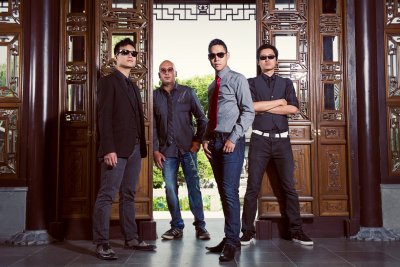Speech, Trademark, and Rock & Roll
- Filed: 08/24/2015
- Status: In U.S. Supreme Court
- Court: United States Court of Appeals for the Federal Circuit
- Latest Update: Sep 29, 2016

Stay Informed
Sign up to be the first to hear about how to take action.
By completing this form, I agree to receive occasional emails per the terms of the ACLU’s privacy statement.
By completing this form, I agree to receive occasional emails per the terms of the ACLU’s privacy statement.
